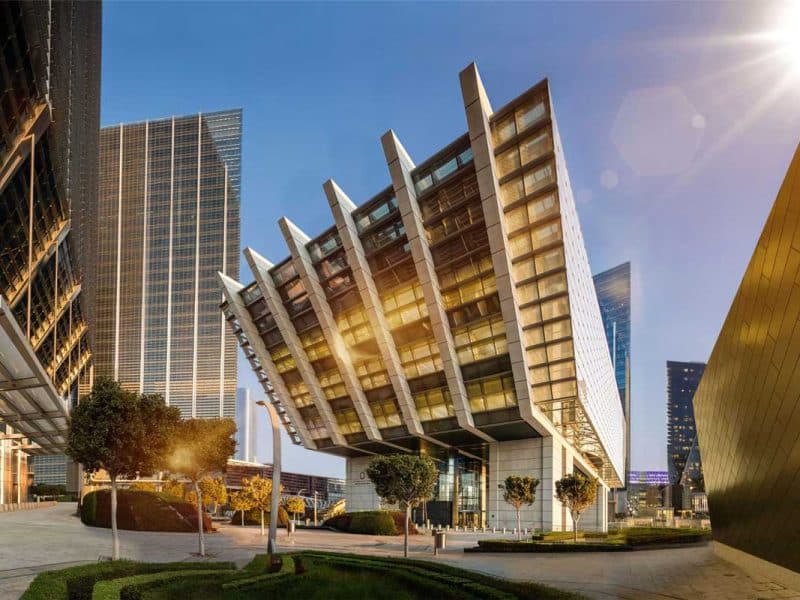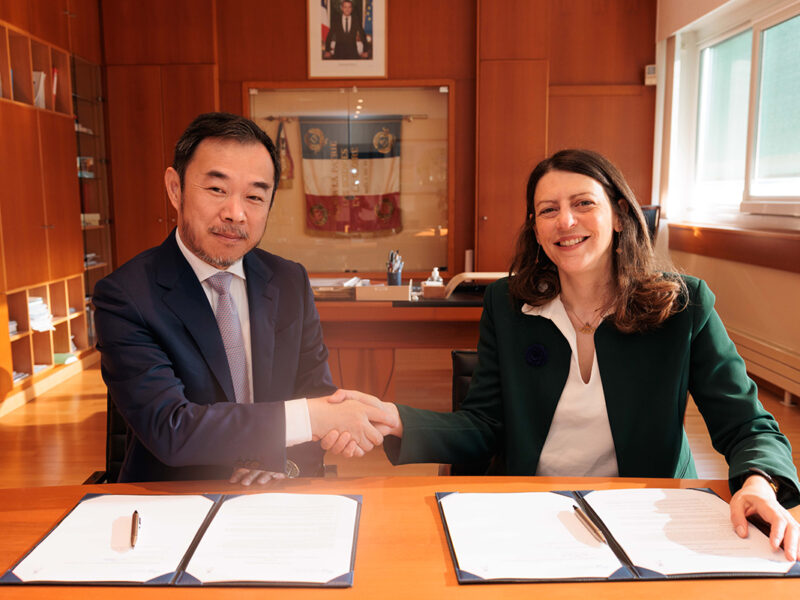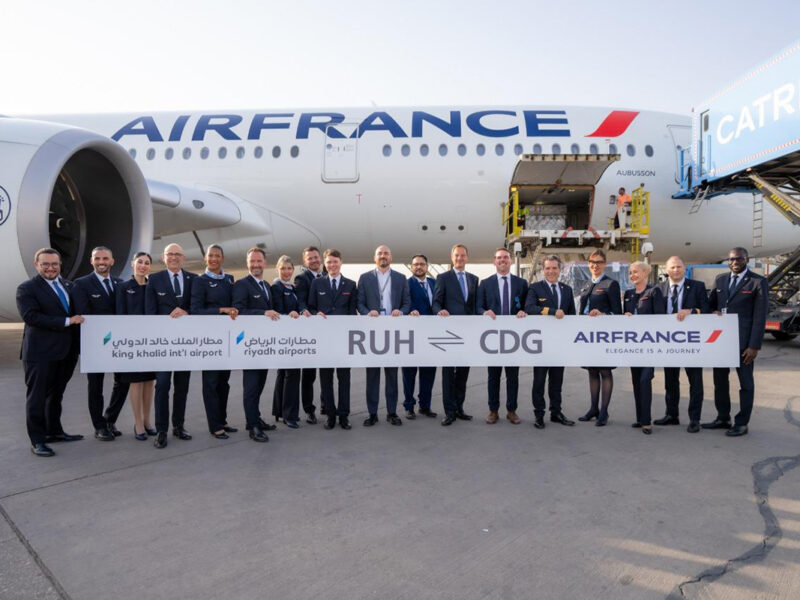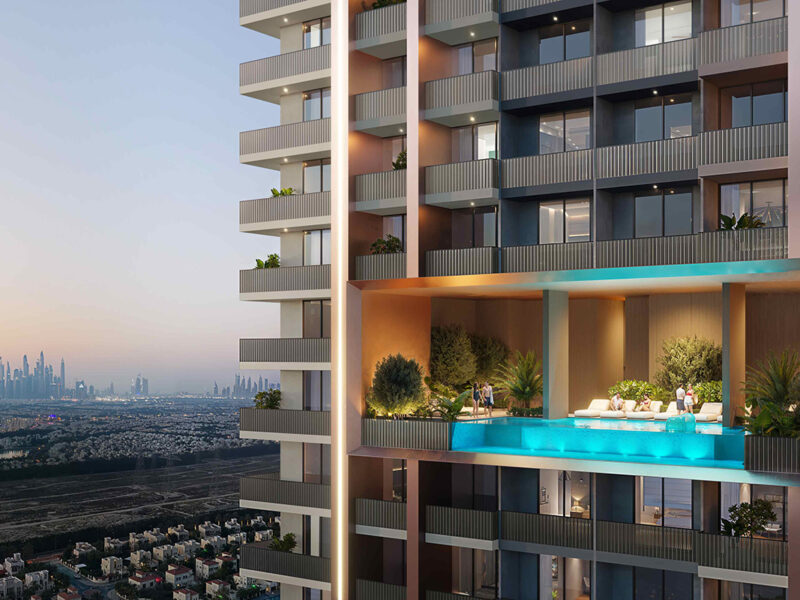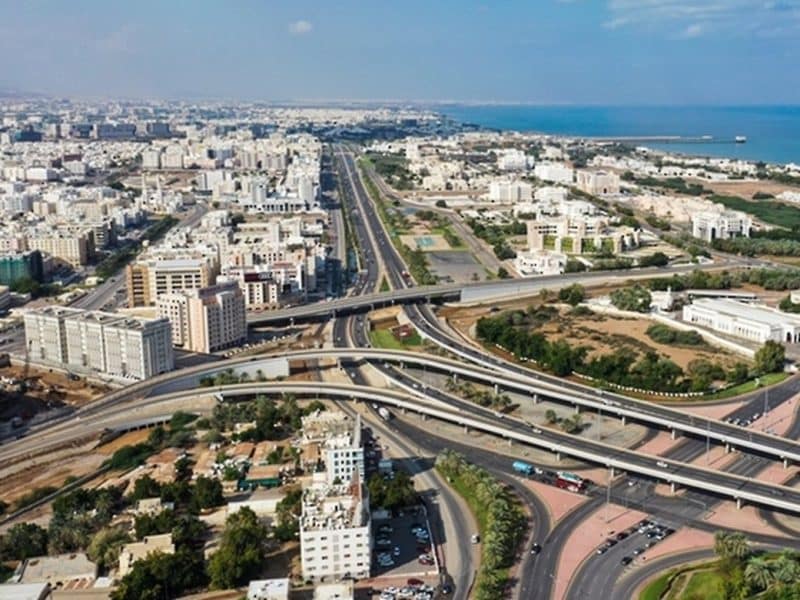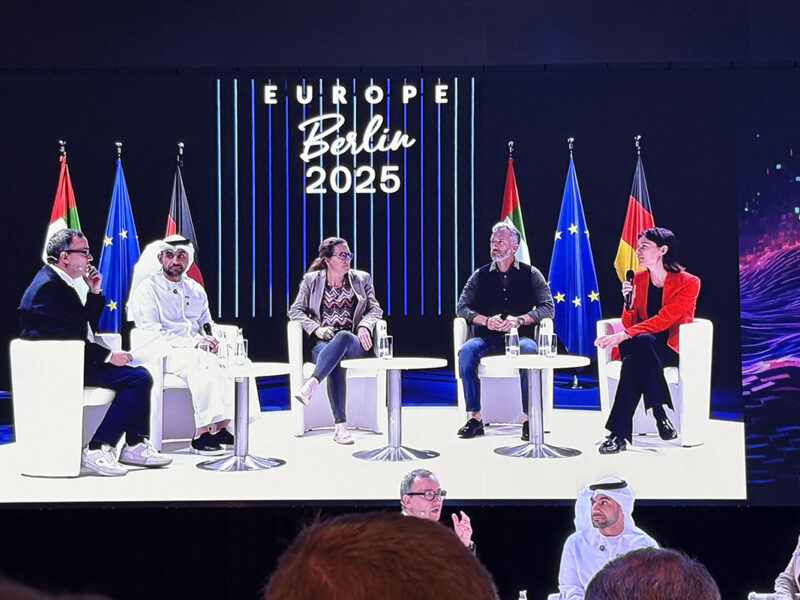The Middle East is not known for prioritising healthcare budgets. Despite its rapidly growing population and the alarming speed that lifestyle diseases such as diabetes and heart disease are being diagnosed, the Arab world spends sixteen times less than the average American on healthcare, Mazen Darwazah tells Arabian Business.
“We are still one of the very low spending consumers in healthcare; the average Arab spends around $42 while the average US patient spends around $800 a year so there is a huge disparity between patients in the Arab world and patients in the US,” the executive vice chairman and the CEO of Hikma Pharmaceuticals for the MENA region says.
Luckily for the Jordan-based pharmaceuticals group, which makes and sells branded and generic drugs, regional governments are ramping up their healthcare spending packages in the wake of the Arab Spring and with manufacturing plants across the Middle East, Hikma is well poised to take full advantage of this renewed focus.
With more than 60 percent of its revenues generated from the MENA region, the pharma company initially took a hit during last year’s political turmoil and was forced to almost halve its sales growth forecast for 2011 from twelve-thirteen percent to seven percent. But increased demand from Arab governments to quell demonstrations across the region is now boosting demand.
Morocco, Egypt, Tunisia and many of the Gulf states have announced new spending packages widely seen as an insurance policy against the arrival of the Arab Spring. In its most recent five-year spending plan Saudi Arabia allocated $73bn on healthcare initiatives including the construction of 117 hospitals, 750 primary healthcare centres, and 400 emergency centres. Meanwhile Morocco has increased its healthcare budget for this year by nine percent to $1.4bn.
Others countries are also following suit, says Darwazah. “Tunisia is embarking on a new healthcare programme whereby they will include more people in terms of subsidising pharmaceuticals. Algeria is increasing its investment; they earmarked last year something in the range of half a billion dollars for procurement in the local industry.
“Morocco is another government that is embarking on a welfare programme for its patients — they want to include six to eight million patients on a reimbursement programme — and Saudi Arabia is embarking on a huge expenditure in terms of refurbishing its hospitals.
“We are well prepared in terms of our geographical presence in these markets, to develop our business model with the governments, in terms of being able to provide effective, high quality generic medicines for the communities in these countries that we are working with,” he adds.
With operations stretching from Jordan to Egypt, Morocco and beyond, Hikma, which was founded in Amman in 1978, is well poised geographically to be able to take advantage of the improved outlook for healthcare budgets. While much of this growth will come organically, Hikma says it will also look to bolster its regional operations through acquisitions.
In the last two years Hikma, which listed on the London Stock Exchange in 2005, has completed several significant acquisitions including Illinois, US-based Baxter Healthcare’s injectable division for $112m and a controlling stake in Morocco’s Promopharm for $111m, and has previously said it has the ability to spend up to $300m-$400m on a single deal.
The firm is currently doing due diligence on two companies in the region with a view to acquiring them and has a robust mergers and acquisitions team, says Darwazah. “Acquisitions could be of a new geographical area, a new therapeutic class or an extension of the lines that we have, so we are looking actively in more than one country in the Arab world. We are looking actively in Turkey, we are looking at opportunities in Levant so these are the markets that we are working in and we are always looking for opportunities,” he says.
New areas of expansion could include Northern Turkey and the oil-rich Gulf, he adds. “Turkey is a natural extension because our habits, our culture and our diets are very common in many ways. We are looking at a couple of companies in Turkey.
Article continued on next page
“What’s important is to find not just a company for acquiring,” he continues. “We need to find a proper acquisition in terms of adding value, therapeutic class value, getting new technologies so there is always more than one option looking at the market.”
It’s not just Arab Spring protestors that are fuelling demand for increased healthcare services in the Middle East. The Arab world’s disproportionately large and young population coupled with the rise in lifestyle diseases such as diabetes is also spurring increased investment in healthcare.
Diabetes rates in the Gulf have reached epidemic proportions. The number of people suffering in the Middle East and North Africa is expected to double from 366 million in 2011 to 552 million by 2030, according to the International Diabetes Federation (IDF).
By 2030, eleven percent of residents in the MENA region will be living with diabetes, while six out of the world’s top ten countries with the highest prevalence of diabetes are in the same area, according to the IDF.
“The diseases are changing in the Arab world. We used to focus on a lot of regular diseases but today we are focusing a lot on CMS, modern age diseases — cardiology, diabetes — so all of these are creating ample opportunities for growth in this part of the world,” says Darwazah.
The rising rate of cancer is also helping to bolster revenues in the region.
Hikma, which provides both oral and injectable drugs to treat cancer, expects revenues from its oncology division to account for ten-fifteen percent of total turnover in the next decade.
“The oncology business is one of the fastest growing markets in the Arab world. That’s not because you have more people infected, it’s because the screening process is better,” says Darwazah.
Breast cancer in 2007 was the number-one killer of women in the UAE, according to official statistics, with many dying because the stigma surrounding the disease prevents women from seeking early detection. Increased awareness is boosting the number of patients being treated earlier for cancer, says Darwazah.
“In the past oncology was a taboo; people would not go out and say they had breast cancer but with the awareness campaigns that are going on in the Arab world people have started reaching out more and having mammograms. So identification of patients has become more rather than the number of patients. Once that social trend we started seeing growth in the oncology business,” he explains.
As a result, Hikma is ramping up its investments within its oncology division. The company currently has a facility in Jordan manufacturing oral oncology products and a second FDA-approved facility in Germany for oncology injectables. In October, the firm signed a licensing and supply deal to distribute and market the prostate cancer drug Lutrate 1 month in the 23 countries in the MENA region, adding to its already 30-plus oncology drugs. Despite increased demand for cancer drugs, Darwazah admits that it is not easy for Hikma to go head-to-head with some of the world’s more established pharmaceutical firms, such as Switzerland-based Roche, the world’s biggest maker of cancer drugs, and Novartis, which dominates the $6bn market for leukaemia drugs.
“[The industry has been] dominated by big names for the last 20 years so we are witnessing a very severe resistance and a very severe marketing campaign from the oncology business worldwide. There is a certain product that sells $500-$600m in the Arab world from one Swiss company and they are not going to allow you to penetrate the market that easily,” he says. “We have been able to penetrate certain markets in the Arab world with our Imatinib tablets and Zoledronic acid injection; I believe it will be a major product for us going forward. Oncology I would imagine during the next ten years it will go up ten to fifteen percent of our business in the MENA region,” he adds.
Unlike many of its international competitors, Hikma says much of its strength lies in the fact it is a locally based company and that it doesn’t simply leave a country during difficult periods. Hikma continued to distribute medical supplies during the Libyan revolution last year and has dispensed much-needed equipment to hospitals and doctors throughout all of Lebanon’s political turmoil over the last few decades, says Darwazah.
“The difference between multinationals and Hikma is that we’re born here; we were raised here and we’re upgrading here so we are putting our money where our mouth is… During the last 25 years I have witnessed more than eight wars and during these eight wars we have never quit a market; we continue to do business. Other multinationals during crises have shut down their operations; they evacuate [but] we don’t do that,” he says. As a result many regional governments are now turning to Hikma to help them rebuild their medical facilities and supply medical equipment. In Libya, for example, Hikma has tripled its sales over the last year, having been one of the first foreign companies to negotiate with Libya post-Gaddafi regime and securing two orders worth a total of $10m. “This year we are going to have nearly triple the sales we had last year [in Libya]. Last year it was in the rate of $10m so this year we are expecting some growth there,” he says.
The Arab world might not be leading the market in medical spending but it looks like that may be a thing of the past.

